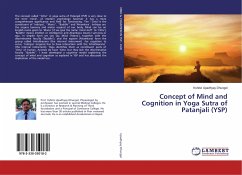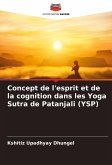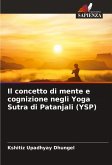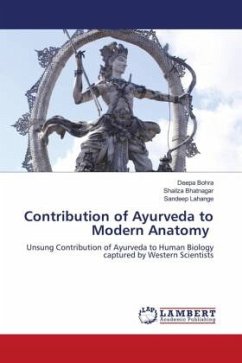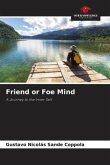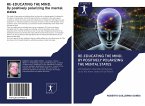The concept called ''Citta'' in yoga sutra of Patanjali (YSP) is very close to the term 'mind', of modern psychology however it has a more comprehensive significance and field for functioning. The ''Citta''is the constituent of 'Indriyas', ''Mana'', ''Buddhi'' and 'Ahamkara'. Indriyas are the organs (sensory and motor organs) of our body, Mind can be an English name given to 'Mana' [if we give the name 'mind stuff' to 'Citta'], 'Buddhi' means intellect or intelligence and Ahamkara means I-am-ness or ego. In simpler form we can say, Mind ('Mana'), together with the discriminative faculty ('Buddhi'), and the egoism (Ahamkara) form the group called Antahkarana (the internal instrument). For cognition to occur, 'Indriyas' (organs) has to have interaction with the 'Antahkarana' (the internal instrument). Yoga identifies them as constituent parts of 'Citta' of human. Animals do have 'Citta' but they lack the discriminative faculty ''Buddhi''. I have developed a cognitive model explaining the concept of mind and cognition as explaind in YSP and has discussed the implication of the model too.
Bitte wählen Sie Ihr Anliegen aus.
Rechnungen
Retourenschein anfordern
Bestellstatus
Storno

